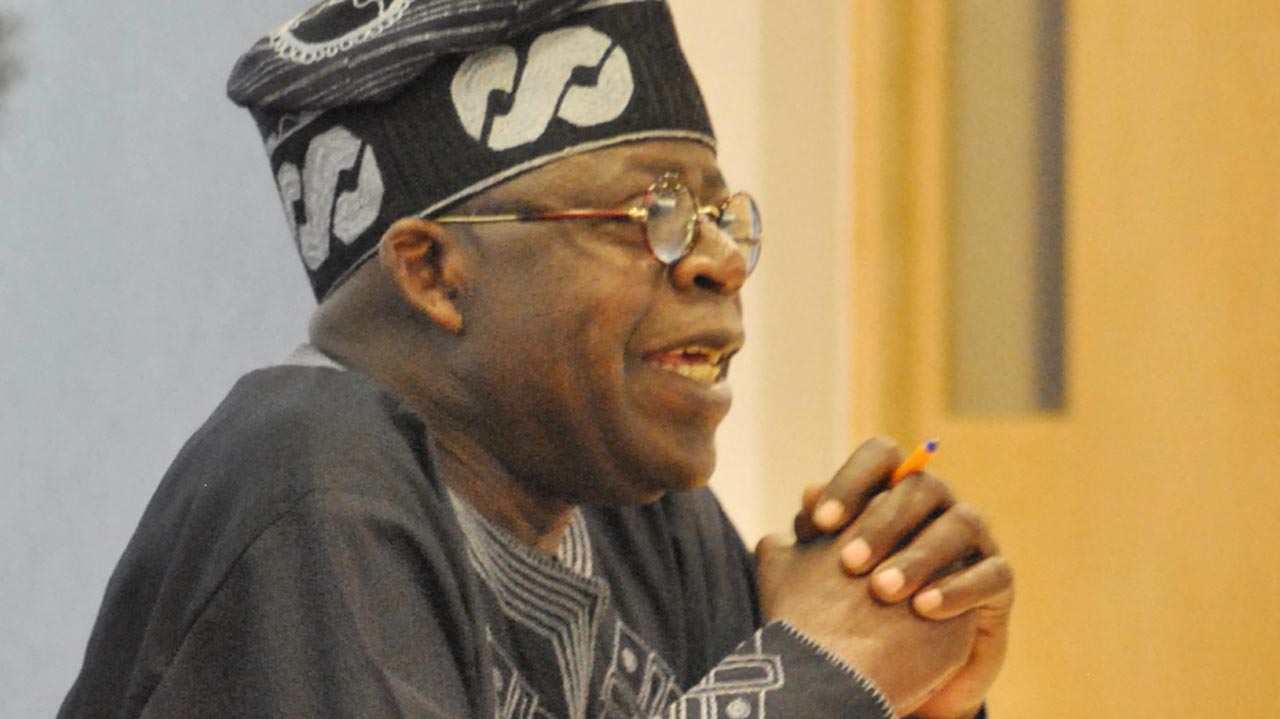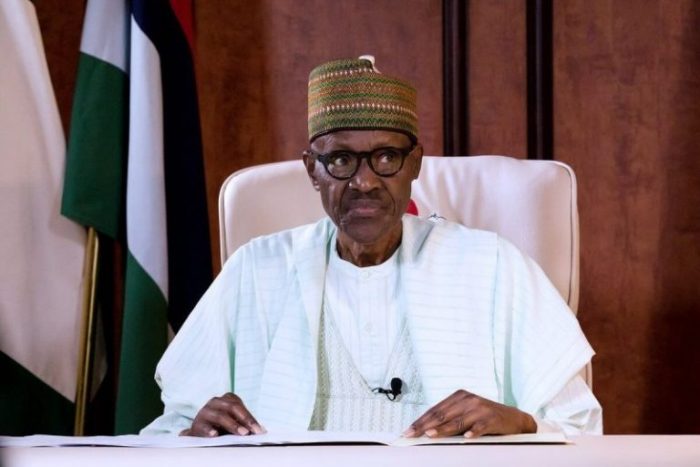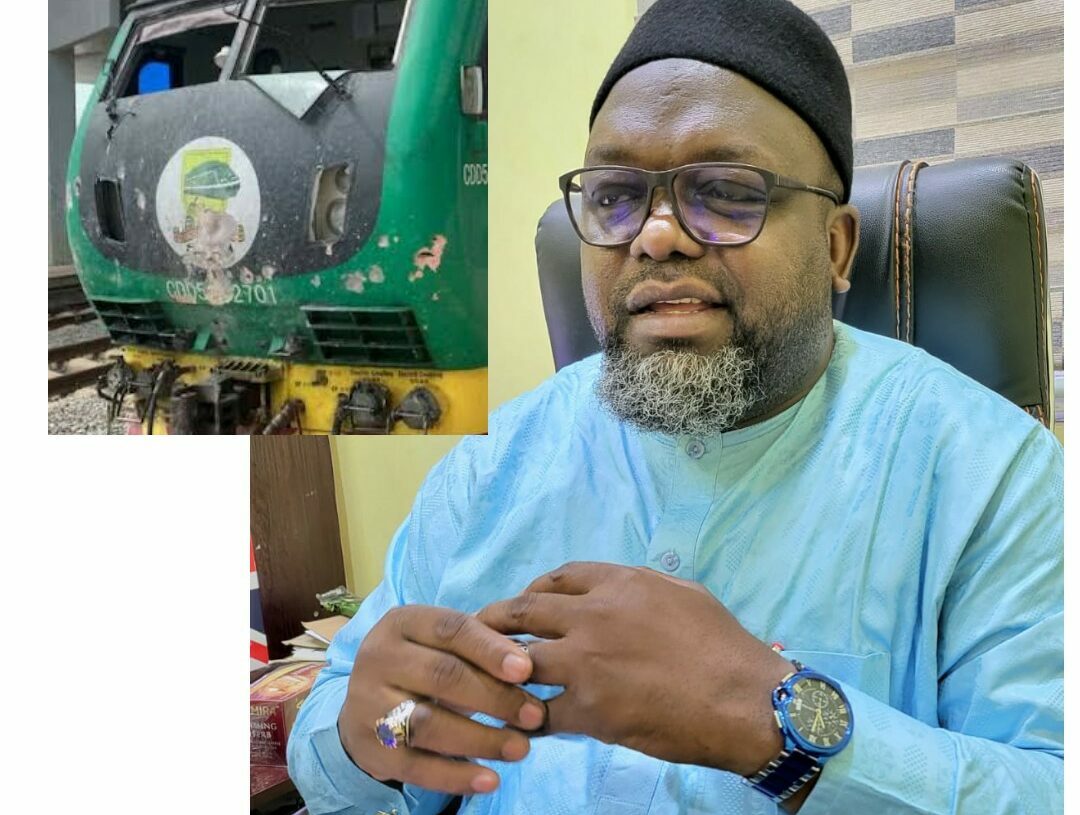The President of the Senate, Ahmad Lawan, on Monday, revealed the salaries and emoluments of members of the National Assembly to the public in Abuja.
Lawan also said the President, Major General Muhammadu Buhari (retd.), had surpassed his predecessors on assent to bills.
He stated this in a paper presented at the First Distinguished Parliamentarians’ Lecture Series organised by the National Institute for Legislative and Democratic Studies.
The President of the Senate said the monthly salary of a senator was N1.5m, while that of a member of the House of Representatives was N1.3m.
He said the N13m thrown into the public space a few years back as the monthly salary of a senator was actually their quarterly office running allowance.
Lawan said, “The total salary of a member of the Senate is about N1.5m, while that of a member of the House of Representatives is about N1.3m.
“The quarterly office allowance for legislators is what is erroneously conflicted with the monthly income to create confusion and mislead the Nigerians.
“The average office running cost for a senator is about N13m, while that of a member of the House of Representatives is N8m.”
When calculated by our correspondent, the N13m office running cost for a senator amounts to N52m per annum, while the N8m for a member of the House of Representatives amounts to N32m in a year.
Lawan’s lecture was titled, ‘The Legislature, Legislative Mandate and People – The Reality and the Public Perception’.
He said the N13m and the N8m quarterly office running cost for members of the Senate and House of Representatives respectively were the lowest of any presidential democracy in the world.
The allowances as enumerated by him cover costs of local/international travels, consulting of professional services, medical services, office stationeries/computers, consumables, books, newspapers, magazines, maintenance of motor vehicles and office equipment, among others.
Lawan added that Buhari had surpassed all his predecessors on signing bills into law with 84 already assented to by him.
He said the President’s record surpassed that of any of his predecessors.
Lawan stated, “President Umaru Musa Yar’ Adua (2007-2010) gave 38 bills presidential assent; Goodluck Jonathan (2010-2015) assented to 40 bills, while President Muhammadu Buhari assented to 84 bills within the last two and half years in office.
He added that the 9th National Assembly had within the last two and half years initiated a total of 2,500 bills, which were in different stages of legislative procedures.
“The 9th National Assembly is not a rubber-stamp parliament, but one geared towards ensuring that the required synergy exists between the legislature and the executive for good governance in Nigeria.”
Buhari, in his speech, which was read by the Secretary to the Government of the Federation, Boss Mustapha, said a stronger executive-legislative partnership would deepen democracy in the country.
He noted that presidential democracy in Nigeria had experienced successful transitions from one administration to the other, adding that it had also witnessed a smooth handover from an incumbent to the opposition party.
Buhari, however, said the executive arm of government would continue to build on the existing good working relationship with the legislature to ensure that the interest of every Nigerian was advanced and public good delivered.
He stated, “Our democracy has similarly been confronted by several challenges, some novel, that required hitherto unanticipated solutions, while others, though familiar, required adaptation to meet prevailing circumstances.
“In other situations, the executive-legislative relationships have come into focus, especially as it concerns the exercise of powers enshrined in the Constitution and the practice of checks and balances.”
The Speaker of the House of Representatives, Femi Gbajabiamila, stated that “democracy thrives when competing views and opposing visions of the future can be freely espoused, assessed and critiqued in the marketplace of ideas so that only those positions that can withstand critical analysis become policy and law.”
According to him, the lecture series is in furtherance of the shared commitment of the 9th National Assembly and the NILDS to expand the civic space and enlarge the marketplace of ideas where citizens can engage constructively to find solutions that will shape the nation’s future.
Copyright PUNCH.






2 Comments